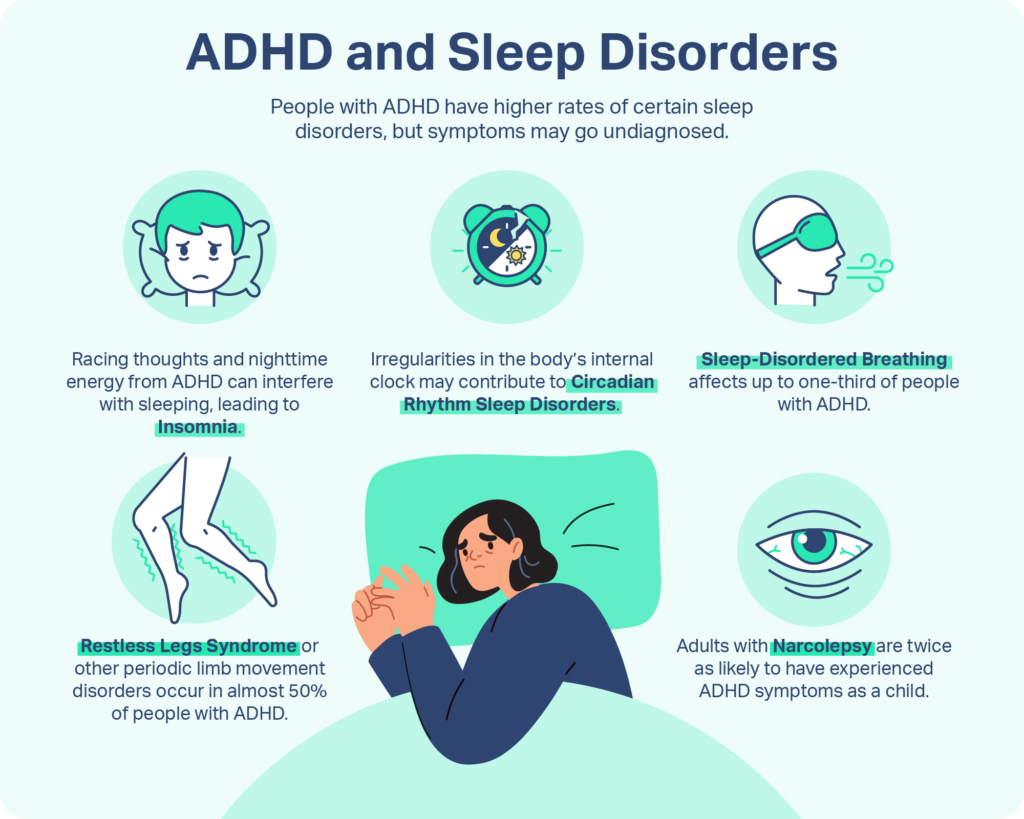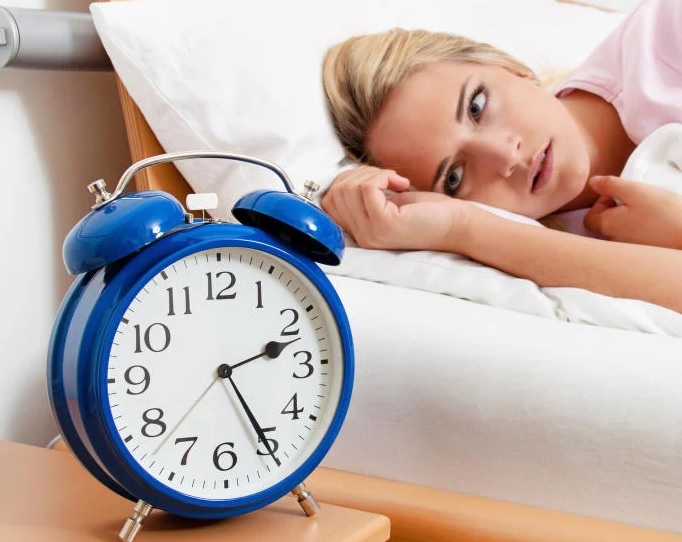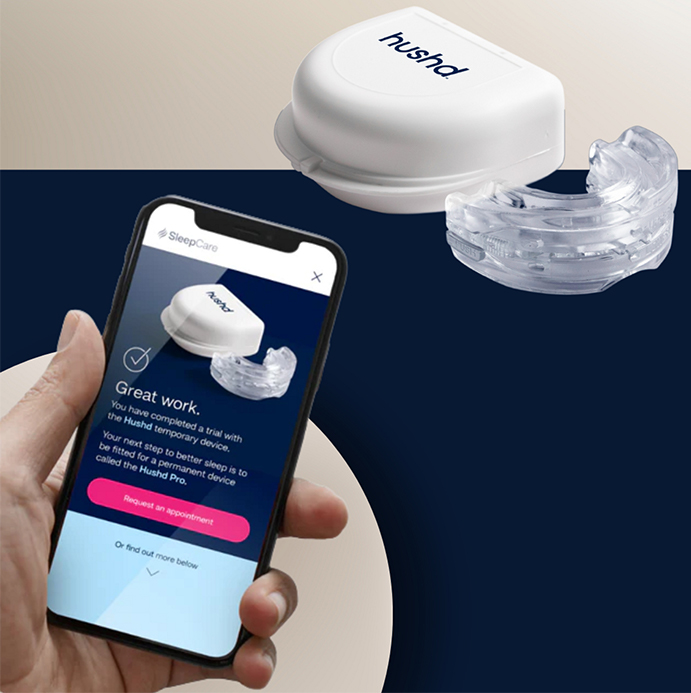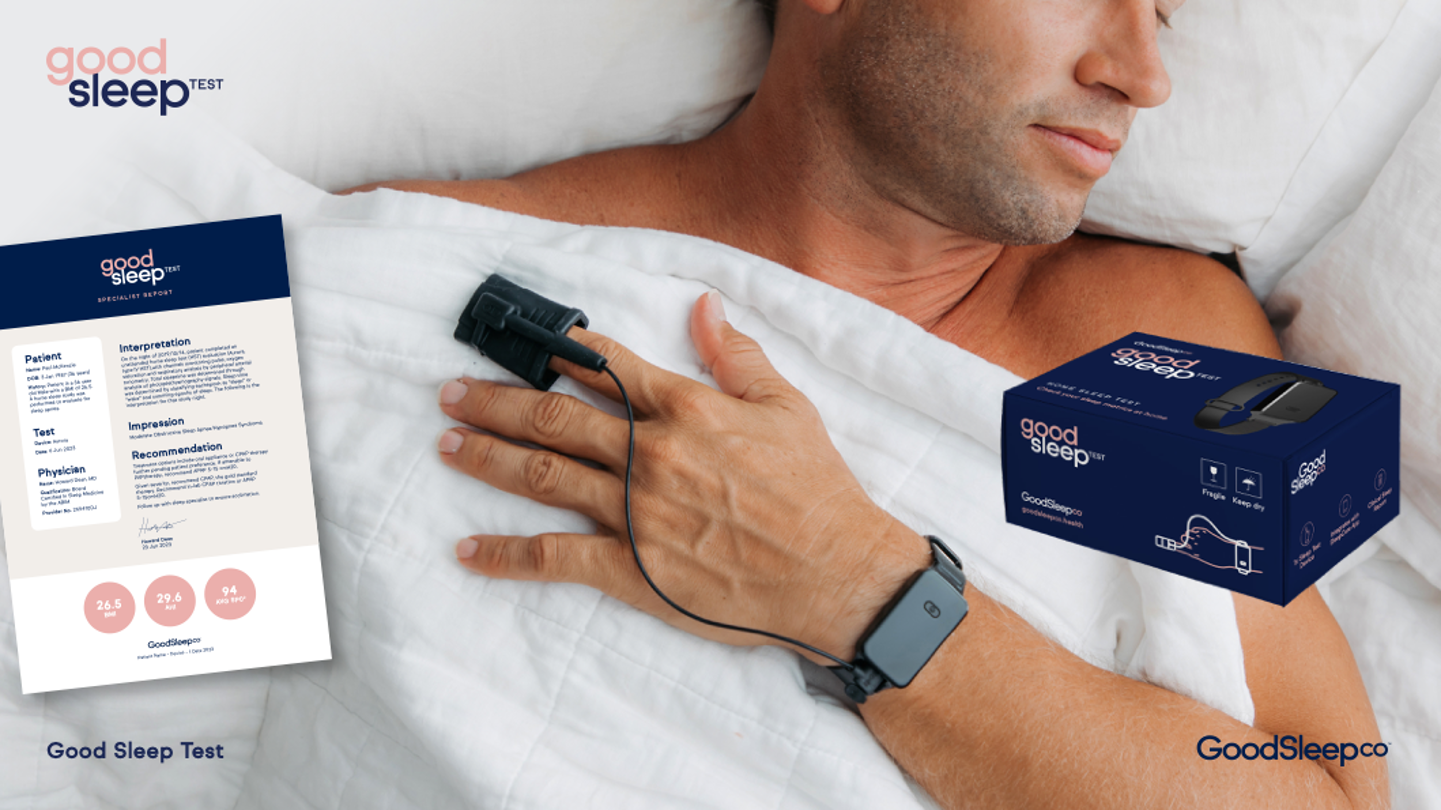
Do you struggle with poor focus, forgetfulness, low energy, or irritability — and wonder if you might have ADHD?
You’re not alone. Many adults are now being diagnosed with Attention Deficit Hyperactivity Disorder later in life, often after years of feeling “off” or underperforming at work or in relationships.
But what if the problem isn’t ADHD at all?
In some cases, the real issue is sleep apnea, a condition that disrupts sleep so severely it can mimic the symptoms of ADHD — and often goes undetected.
The Overlap: Sleep Apnea and ADHD Symptoms in Adults
Obstructive Sleep Apnea (OSA) occurs when the muscles in your throat relax during sleep, causing your airway to narrow or close — leading to brief pauses in breathing. This happens dozens or even hundreds of times per night, disrupting your sleep cycle and oxygen levels.
The result? You wake up feeling like you never slept.
Shared Symptoms Between Sleep Apnea and ADHD:
- Difficulty concentrating
- Forgetfulness
- Low motivation
- Mood swings or irritability
- Daytime fatigue or “brain fog”
- Poor performance at work
- Disorganization or procrastination
If that sounds familiar, it’s no surprise that sleep apnea is sometimes mistaken for ADHD, especially in adults who didn’t show hyperactive symptoms in childhood.
Why the Misdiagnosis Happens
- Sleep isn’t always discussed. Mental health assessments don’t always include a thorough review of sleep quality — and many adults aren’t aware of their nighttime symptoms.
- Fatigue is mistaken for inattention. Exhaustion from disrupted sleep can make you feel scattered and unfocused — just like ADHD.
- More adults are seeking ADHD diagnoses. With growing awareness and reduced stigma, more adults are exploring ADHD treatment — but not all providers rule out medical conditions like sleep apnea first.
- Symptoms can overlap for years. Adults with untreated sleep apnea may spend years being labeled as lazy, depressed, or unfocused, leading them to pursue ADHD testing.
Key Signs It Might Be Sleep Apnea — Not ADHD
If you’ve been diagnosed with ADHD (or suspect you have it), ask yourself:
- Do I snore or wake up gasping?
- Do I wake up with headaches or a dry mouth?
- Do I feel exhausted, no matter how many hours I sleep?
- Has my partner noticed pauses in my breathing at night?
- Do I feel like I’m in a mental fog all day?
- Has ADHD treatment helped — or not?
If ADHD meds aren’t helping your focus, or you’re still chronically tired, it’s worth considering a sleep study.
The Role of Sleep Studies
A sleep study (either in-lab or at-home) can diagnose sleep apnea by monitoring your breathing, oxygen levels, and sleep stages. Many people are surprised to learn they stop breathing dozens of times per hour without even knowing it.
Once diagnosed, treatment options like CPAP therapy, oral appliances, or lifestyle changes (like weight loss or side-sleeping) can dramatically improve sleep — and daytime function.
Real Stories, Real Results
Many adults who thought they had ADHD found out they actually had sleep apnea — and after treatment, their symptoms vanished:
“I was ready to start medication for adult ADHD, but my doctor suggested a sleep study first. Turned out I had severe sleep apnea. After starting CPAP therapy, my focus, mood, and energy completely changed — no ADHD meds needed.”
Bottom Line
If you’re struggling with focus, energy, or attention — don’t jump to conclusions. Sleep apnea and ADHD share many symptoms, but they require very different treatments.
Ask your doctor about your sleep. Consider a sleep study before starting ADHD medication. The root cause of your symptoms might not be in your brain — it might be in your airway.



